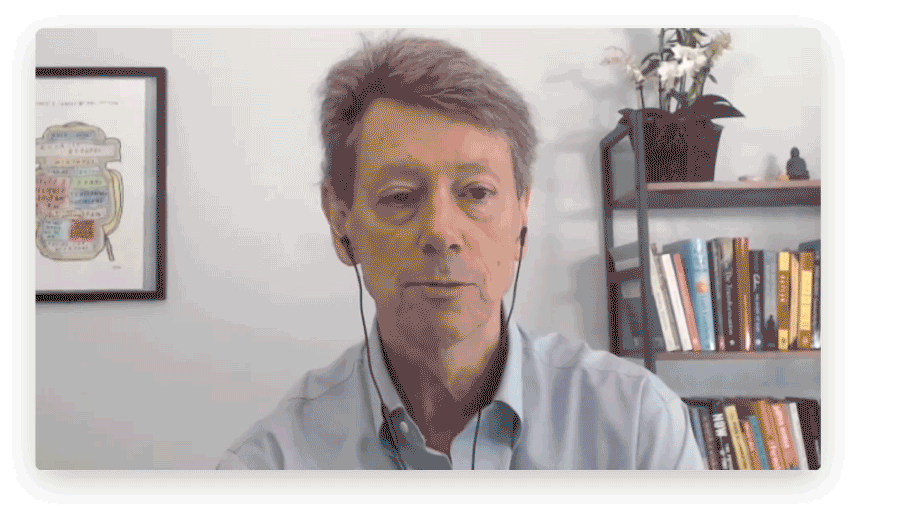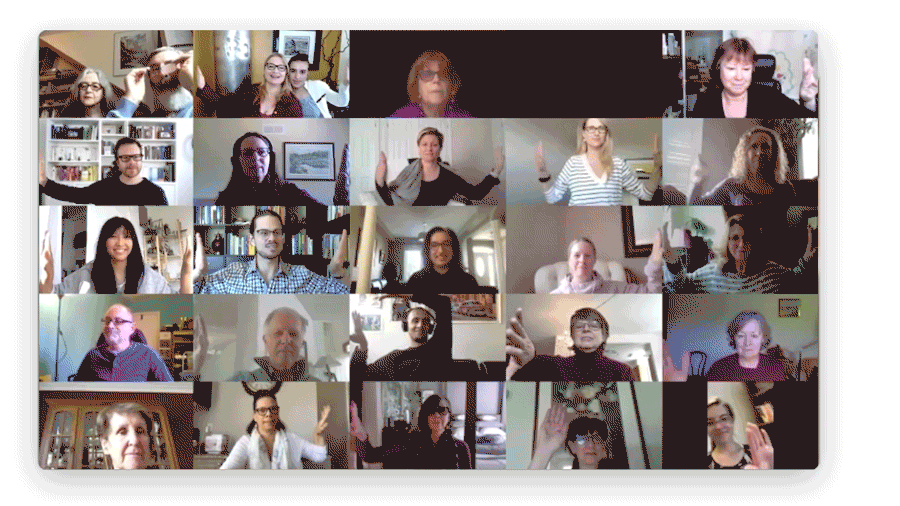8 Steps to Apply Mindfulness Safely and Effectively
Essential Guide to Facilitate Mindfulness
If you are offering mindfulness to others, it is important to do so in a way that is as safe and effective as possible, does no harm, and meets people where they are. When facilitating mindfulness, you need to be sensitive to the life experience, capacity and wellbeing of others.
Mindfulness, as a way of being in the world, is highly beneficial. However, the way in which mindfulness is offered and the specific practices used to cultivate mindfulness and compassion can cause adverse reactions in some people and can even create harm.
The knowledge and presence of the guide is important in ensuring people are as safe as possible while engaging in mindfulness training. As someone who is offering mindfulness to others, you need to learn to:
1. Be aware of your specific intention in offering mindfulness in a given setting or group.
2. Be aware – to the extent possible – of the presence or likelihood of trauma in the group and adjust your work accordingly. Consider pre-screening if appropriate.
3. Create an inclusive environment that is welcoming and respectful of the experience of those who are present.
4. Create an environment that is supportive and invitational. Take care not to create pressure to participate or a sense of coercion by avoiding directive language and encouraging everyone to ‘try’.
5. Offer open-ended guidance on body position, provide flexible options, encourage comfort and self-acceptance of physical limitations, and at all times respect individual choice and boundaries.
6. Offer options or adjustments to allow people to retain a sense of control and choice in how they practice so they can keep themselves safe and within their window of tolerance.
7. Know and watch for signs that someone is struggling including: flat affect, fogginess, sense that someone is not fully present.
8. Know how to support someone who is struggling and when to offer options for how to proceed including: grounding in the body through the senses, offering strategies to help an individual self-regulate or ‘hit the brakes’, seeking more specific support as required for example, a mental health or trauma specialist.
When facilitating mindfulness, the onus is on you to inform and equip yourself through study of credible, evidence-based materials and the support and/or mentorship of seasoned experts who know how to make mindfulness as safe and effective as possible. There are people in our community who have experience with managing adverse reactions to mindfulness practices, who have introduced mindfulness to diverse populations, and who have worked in a range of different settings.
If you facilitate, lead or advocate mindfulness programs, learn to recognize and understand the range of adverse experiences someone can have in a mindfulness practice and what to do about it. The knowledge of how to offer mindfulness as safely and effectively as possible will increase your ability to introduce mindfulness to a diverse population and in different settings. Scale your impact; grow your initiative; help create a more mindful society. If you are selecting an instructor or program for yourself or others, ensure the instructor is equipped to offer trauma-informed mindfulness guidance.
Want more tools like this one?
As a member of the Institute, you have access to a library of 100+ tools and resources just like this one.
Special offer below 👇
Join Mindful Society Global Institute and receive...
- Direct access to global leaders who can help you take the safest, most effective and up-to-date approach
- Latest methods and research to advance your practice and impact, and to stay credible
- Access to mentorship and support from a community working together to create a mindful society
FREE 14 day membership offer available for a limited time!
As A Member You Will Access...
Monthly Events with Thought Leaders
Presentations, panels, ask-me-anythings, and guided practices from thought leaders will inspire you. Our featured speakers include:
- Rick Hanson PhD
- Sara Lazar PhD
- Jud Brewer MD PhD
- Sharon Salzberg
- Michelle C. Chatman MSW PhD
- Thupten Jinpa PhD


Credible Resources and Curated Monthly Themes
Research summaries, contemplative frameworks, templates you can use, and inspiring videos. Resources include:
- 30+ evidence-based practice scripts
- Guides such as Delivering Mindfulness Safely and Facilitating Mindfulness Online
- Compendium of global retreats
- List of top mindfulness scales and research
An Inspiring Community
Even if you're the only mindfulness practitioner or professional in your community, you're not alone. Join our digital community and community forum to connect with like-minded people across the globe. Not only will you share and exchange best practices, but you will contribute to advancing mindfulness around the world.


